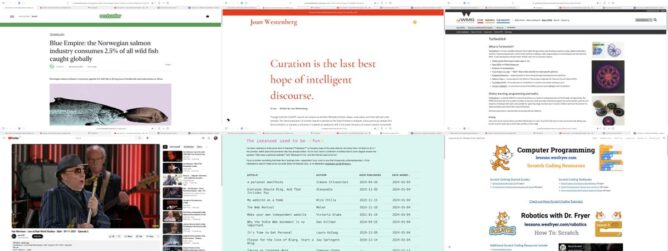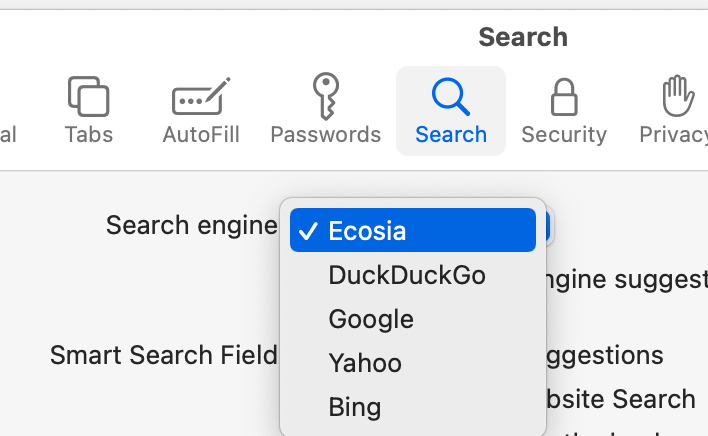warning parents that although they think they are giving their children access to the internet, they are really giving the internet access to their children.
I’ve not listened to this yet but this jumped out at me.

warning parents that although they think they are giving their children access to the internet, they are really giving the internet access to their children.
I’ve not listened to this yet but this jumped out at me.

Lessons by Dr. Wesley Fryer @wfryer – Scratch Coding We use Scratch a bit in class so adding this to a pile of links.
A variation on Turtle/Scratch stuff, there is some CPD coming up
Turtlestitch is freely available software that enables the generation and stitching of patterns using a digital embroidery machine. It gives programmatic control of the machine, enabling a wide range of patterns to be designed and stitched onto fabric. It was developed by Andrea Mayr-Stalder, and runs in a browser window.
TipBITS: Always Show Window Proxy Icons – TidBITS Bless TidBITS for this. I’ve been quiety grumbling for a while. As someone with poor window management I’ve alway loved proxy icons.
The role of human curators is not just to select and present content but to imbue the digital landscape with a sense of reliability and authenticity that only human insight can provide.
Curation is the last best hope of intelligent discourse. — Joan Westenberg
I’ve been meaning to write some kind of Important Thinkpiece™ on the glory days of the early internet, but every time I sit down to do it, I find another, better piece that someone else has already written. So for now, here’s a collection of articles that to some degree answer the question “Why have a personal website?” with “Because it’s fun, and the internet used to be fun.”
The internet used to be fun
Blue Empire: the Norwegian salmon industry consumes 2.5% of all wild fish caught globally | Ecohustler I avoid Salmon due to the sea lice and the effect on wild stocks here.
Jumping right into the middle:
Using current weather conditions The Conditional Orchestra generates unique compositions for your listening pleasure.
HT Joe Jennet.
Trying Ecosia – the search engine that plants trees to replace duckduckgo

My big thesis about technology is that “technology weirds the world” — instead of ruining or fixing it, it typically changes it in a bunch of unexpected ways, twisting the contours of human life into shapes never seen before.
Pickle cat is marvellous via simply. personal. Joe Jenett (@joejenett)
Never Been Seen | Science Museum Group Collection is a lovely rabbit hole! A marvellous idea.
Winning the Internet is a data-driven newsletter of links in other newsletters. Currently sourcing from 85 awesome newsletters.
Interesting way of getting the big links.
and Creating New Environments in Reclaim Cloud – YouTube
Reclaim Cloud – Reclaim Your Adventure! looks interesting. Might poke around in the beta, but probably way over my head, needs and pay grade…
This was a fascinating podcast. Matt Mullenweg had spoken of an ambition to get WordPress to 80% of the web. Heinemeier Hansson took him to task on twitter and they ended up in a podcast.
An example of civil discussion and disagreement on the internet. Moving off twitter to a better medium.
Although they did not resolve the central concern they touched on many points around control and ownership on the web.
It gave me a little insight into the scale of the web. Left me feeling pretty naive.
A few mentions of capitalism had me wondering what a socialist web would look like?